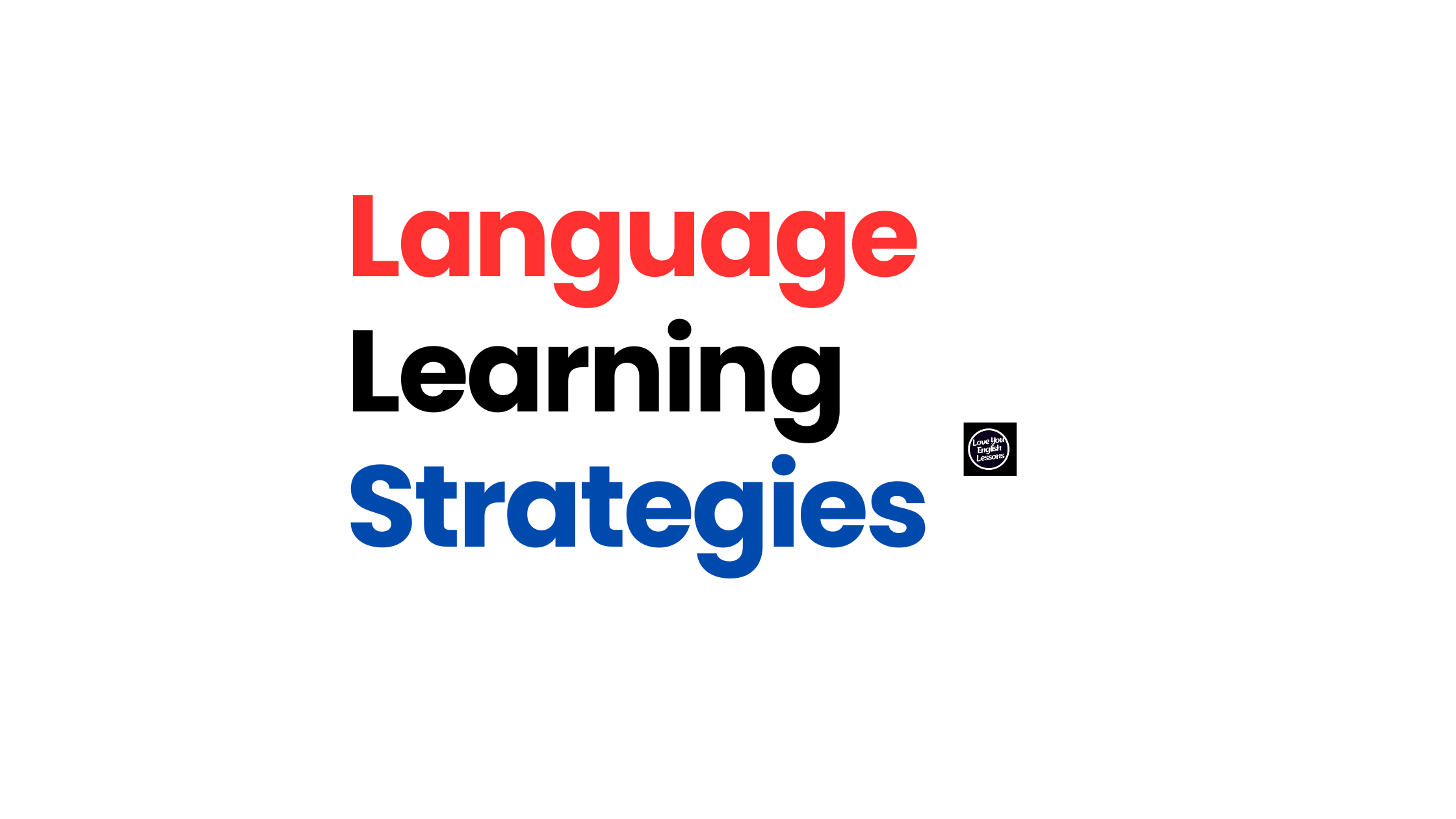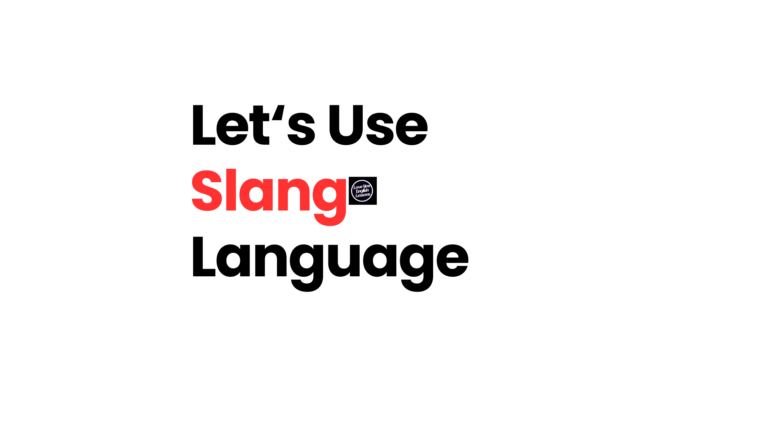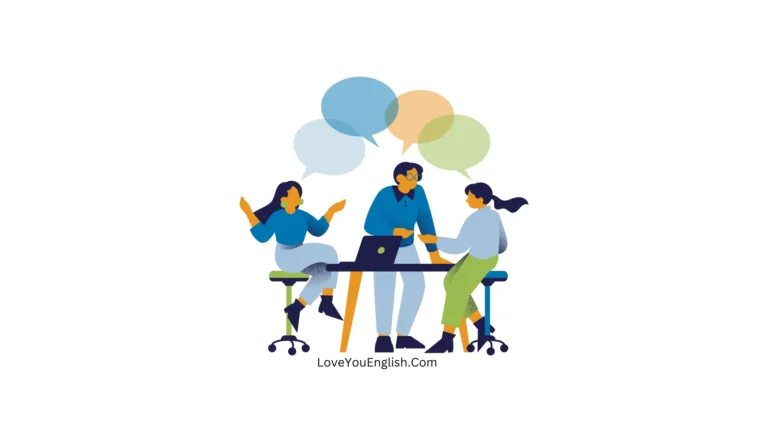How to Practice a Language with 11 Effective Methods
Hello everyone,
Here are 11 awesome ways to practice a language and make amazing progress!
These activities are super effective and easy to do, even when you’re super busy.
You can do them anywhere, as long as you have your phone or internet.
Let’s get started!
Use flashcards
When you discover a new word, be sure to jot it down on a flashcard with a description that makes sense to you and is easy to remember.
Get creative and make it fun by using colors and pictures if you want!
If you prefer using technology, you can also try using flashcard apps like Anki or Memrise.
While you’re waiting for your coffee to brew or your lunch to heat up in the microwave, take a moment to go through a few of these flashcards and test your memory.
Here’s another helpful tip—organize your flashcards into groups that focus on specific topics.
This way, you can make connections between similar words and expand your vocabulary even more.
Use social media
X (formerly Twitter) and Instagram are two awesome social media platforms that can help you learn languages in a fun way!
X is super cool because you can change the settings to see tweets in the language you’re learning.
This means you’ll be exposed to lots of online slang and abbreviations, which is like learning natural language in bite-sized pieces.
Don’t forget to check out the popular hashtags on the home page!
The tweets are short and sweet, so it’s easier to read, especially if you’re just starting out and want to practice with quick sentences.
Instagram is also really great for language learning because it’s mostly about pictures with short captions.
If you’re a beginner, you can follow accounts that are specifically made for language students.
Just search hashtags like #learnArabic, #learnChinese, or #learnFrench to find them.
It’s like having a visual language learning experience!
Watch TV shows and movies
Watching TV shows and movies can be really enjoyable when it comes to learning languages, especially if you’re at an intermediate level or higher.
Netflix has a wide range of streaming choices available in many popular languages.
Additionally, they have their own exclusive foreign language content, such as the popular Spanish series called “Las chicas del cable” (Cable Girls).
If you’re already a subscriber of Amazon Prime, you can also access some free foreign language programs through Amazon Prime Video.
Hulu also offers a few options for language learners.
Podcasts and music
Discover new podcasts and music from around the world!
With the internet, you can easily find a variety of music in different languages.
Platforms like Spotify and iHeartRadio offer international music options.
The internet also provides online radio stations as another great option.
Services like AccuRadio offer a diverse selection of world music, while TuneIn allows you to search by language or country.
In addition to music, podcasts are a fantastic way to enhance your listening skills and understand intonation.
Many language learning podcasts come with transcripts and activities.
Not sure which podcasts to listen to?
No problem!
I’ve already curated a list of the best podcasts in various languages such as English, Japanese, Spanish, Portuguese, and French.
You can find lots of interesting things to read in your target language, like news about important events happening around the world or even who looked the most stylish at the Oscars.
If you’re just starting out, there are news articles specifically written for language learners.
These articles use easier words and sometimes have slower audio to help you understand better.
Even though newspapers use simpler language, it’s still a good idea to write down any words or phrases you don’t know or save them as flashcards for later.
Read more
You can find lots of interesting things to read in your target language, like news about important events happening around the world or even who looked the most stylish at the Oscars.
If you’re just starting out, there are news articles specifically written for language learners.
These articles use easier words and sometimes have slower audio to help you understand better.
Even though newspapers use simpler language, it’s still a good idea to write down any words or phrases you don’t know or save them as flashcards for later.
Hire an online tutor
An online tutor may not be free, but they can really help you improve your language skills like nothing else in this world.
If you want to find a tutor, you can try looking at local universities or searching online platforms like italki or Verbling.
Once you find a tutor you’re interested in, it’s a good idea to ask them questions before you start working together.
Tell them in detail about the issues you’re facing and what your goals are.
Let them know where you want to go with your language skills. Then, make sure you have regular meetings with your tutor or decide on a specific number of lessons.
If you have any grammar questions or issues, a tutor is the perfect person to ask.
They are professionals and can explain grammar much better than a language partner.
Although, language partners can still be helpful in letting you know what “sounds right.”
Use chat rooms
I really enjoy using chat rooms because they let you practice your language skills by chatting with people you don’t know.
It’s a great way to practice if you’re not ready to speak yet.
If you want to find chat rooms in the language you’re learning, you can join Discord and search for servers there.
Just add one of your interests as a tag, like games, gardening, politics, or crafts, and then you can filter the results by language.
It might take some searching, but you can also try translating “chat room” into your second language and searching for that along with your hobby or interest.
If you’re not into forums, you can also try playing online multiplayer games like World of Warcraft or League of Legends.
These games have real-time text chat where you can talk to other players while playing.
Explore foreign vloggers
If you want to learn a new language on YouTube, you should follow vloggers who speak the language you’re trying to learn.
Just watch their videos whenever they upload new ones to practice the language a bit.
To take your learning to the next level, you can even try chatting with other viewers in the comments.
You can also use YouTube channels in your target language. This tool lets you search by country or sort channels by popularity to find the most popular ones.
If you like learning through videos, you can also use FluentU.
It has videos along with study tools like flashcards and interactive subtitles, making it easier to focus on learning the language while watching.
Start writing a little
When you’re standing in line at a store or waiting for something to print, take a post-it note or open a “notes” app on your phone if you have one.
Write down a few words about your day, like you would for a to-do list. If you have more time, you can even write a whole page about what you had for lunch.
This helps you practice writing in the language you’re learning and makes you think about everyday things and actions in that language.
Find a partner
If your pals or colleagues are learning the same language as you, make the most of their company!
Plan to meet up at a specific time during the day for just 10 minutes and agree to only speak in your target language.
You can take it up a notch by testing each other with flashcards, playing language learning games for two players, or discussing a podcast that you all planned to listen to the night before.
Make sure to set goals for each meeting so that you have a specific focus and aren’t tempted to just chat about random things.
Explore Wikipedia in another language
Ever found yourself going down a rabbit hole on Wikipedia?
It happens to the best of us.
You start with one page you’re interested in, and before you know it, you’re clicking through 20 tabs of related content.
Luckily, there are different versions of Wikipedia available in various languages.
The next time you want to look something up on Wikipedia, try doing it in your target language.
Since Wikipedia relies on user contributions, it’s important to remember that it may not always be completely accurate.
However, if you come across something that’s incorrect or want to add more information, you can also practice your language skills by contributing content yourself!
What do you think?
Do you believe you can spare 10 minutes every day?
Well, think again! I challenge you to choose at least three of these activities and incorporate them into your daily routine for the upcoming week.
I bet you’ll be pleasantly surprised by how effective short, focused bursts of daily language practice can be for you!
_______________________






